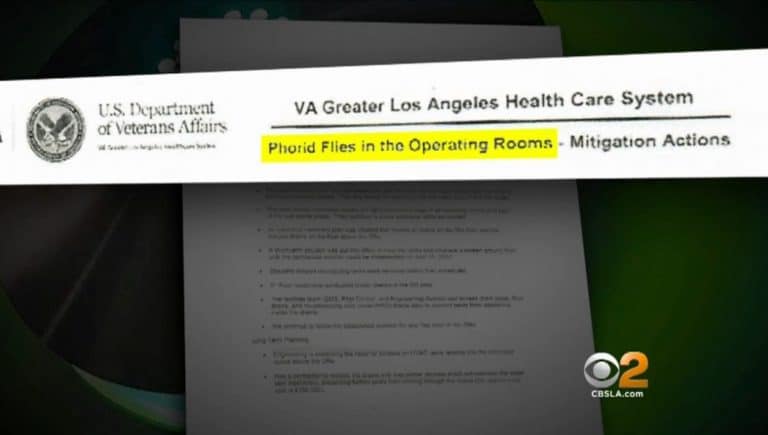Why County-Level Veterans Support Matters: From HOAs to Honor-Flag Fridays
When people think of veteran support, they often imagine Washington, D.C. — big agencies, major budgets, and sweeping policies. But the truth is, much of what actually changes a veteran’s day-to-day life doesn’t happen in a federal office. It happens in counties, neighborhoods, and local communities that step up quietly, consistently, and close to home.
From new mayoral commissions to simple but heartfelt neighborhood gestures like “Honor-Flag Fridays,” local leadership is proving that support for veterans doesn’t have to be massive to be meaningful — it just has to be genuine.
Local Governments Are Stepping Up
Across the U.S., more counties and cities are recognizing that veteran care doesn’t stop at the VA. Local governments are launching new initiatives to connect veterans with employment, housing, and healthcare resources right where they live.
Take Beaumont, Texas, for example. The city recently launched a Mayor’s Veterans Commission aimed at creating stronger collaboration between local government, veteran organizations, and community advocates. Its goal: ensure veterans have a seat at the table in city decisions that affect them.
“We want to make sure no veteran slips through the cracks — not here, not anywhere,” said Mayor Roy West during the commission’s announcement.
Similar efforts are taking shape nationwide, with counties forming Veteran Service Offices (VSOs) that help streamline benefits claims, navigate healthcare enrollment, and even host town-hall sessions to discuss local veteran issues.
Support Starts on the Street You Live On …
Not all support comes from city halls or county courthouses — sometimes, it starts right on your block.
In neighborhoods across the country, Homeowners’ Associations (HOAs) and community groups are adopting initiatives like:
- Honor-Flag Fridays: where residents raise flags in unison each Friday to honor local veterans and active-duty service members.
- Neighborhood Buddy Programs: pairing volunteer neighbors with aging or disabled veterans who need small home repairs or errands.
- Community Grants: micro-funding projects that help veterans start small businesses or beautify shared spaces.
These grassroots efforts may not make headlines, but they build connection — and connection, as research continually shows, can be as critical to veteran wellness as access to medical care.
Why It Matters …
Local veteran programs have a unique advantage: speed and empathy. They aren’t bogged down by bureaucracy or long approval chains, which means help can come faster and feel more personal.
They also foster community ownership — the sense that veteran care isn’t just a federal responsibility, but a shared one. And that shared ownership builds stronger, more compassionate towns.
“When you see the faces behind the service, it changes everything,” said one county commissioner from Ohio. “These programs remind people that veterans are our neighbors — not just a headline.”
How You Can Get Involved
- Contact your county’s Veteran Service Office to learn about upcoming events or volunteer needs.
- Encourage your HOA or neighborhood association to adopt veteran-honoring practices — even something as small as displaying flags or providing space for community meetups.
- Shop or donate locally to support veteran-owned small businesses in your area.
- Attend county meetings during November to share ideas for future programs or resource drives.
Final Thoughts …
From courthouse committees to cul-de-sac flagpoles, local initiatives are proving that real support doesn’t require red tape — just heart.
When counties, HOAs, and neighbors work together, veterans don’t have to face challenges alone. They see — and feel — that their service still matters, not just in policy but in everyday life.
So this month, as the green lights glow and the flags wave, remember: big change often starts small — sometimes right on your own front porch.





“Similar efforts are taking shape nationwide, with counties forming Veteran Service Offices (VSOs) that help streamline benefits claims, navigate healthcare enrollment, and even host town-hall sessions to discuss local veteran issues.”
i hate to seem nitpicky but i really don’t think this is a minor detail – county veterans service offices have been around for decades (since WWII) and it’s only in the last 10 years that the quality and character of their services has taken a dramatic nosedive. where have you been?
County Veterans Service Officers – particularly those in more rural areas – used to be able to move mountains. and they loved to do it. they had connections all over the place and even big shots would trip over themselves to do something for the CVSO.
now? you’d be lucky if your CVSO knows a single person who works at the regional VA. they don’t do anything except enrollment and basic help with claims. and for some reason, even though they won’t do sh*t for us anymore, they have office staff who won’t let anyone talk to them. you used to be able to walk in and there they were, “hey what i can do for you?”
now you have to get thru the receptionist and they hate you, for some reason (sounds oddly specific but i promise you that this is such a widespread practice now that it is an appropriate generalization)
the CVSO is yet another victim of neoliberalization of services.
i do have to wonder why your article is worded in such a way to make it appear that you have no contact with the real world. now CVSOs help with claims and enrollment but it’s not new or good, they used to be so much better, it’s legitimately tragic to see the way they run things now.